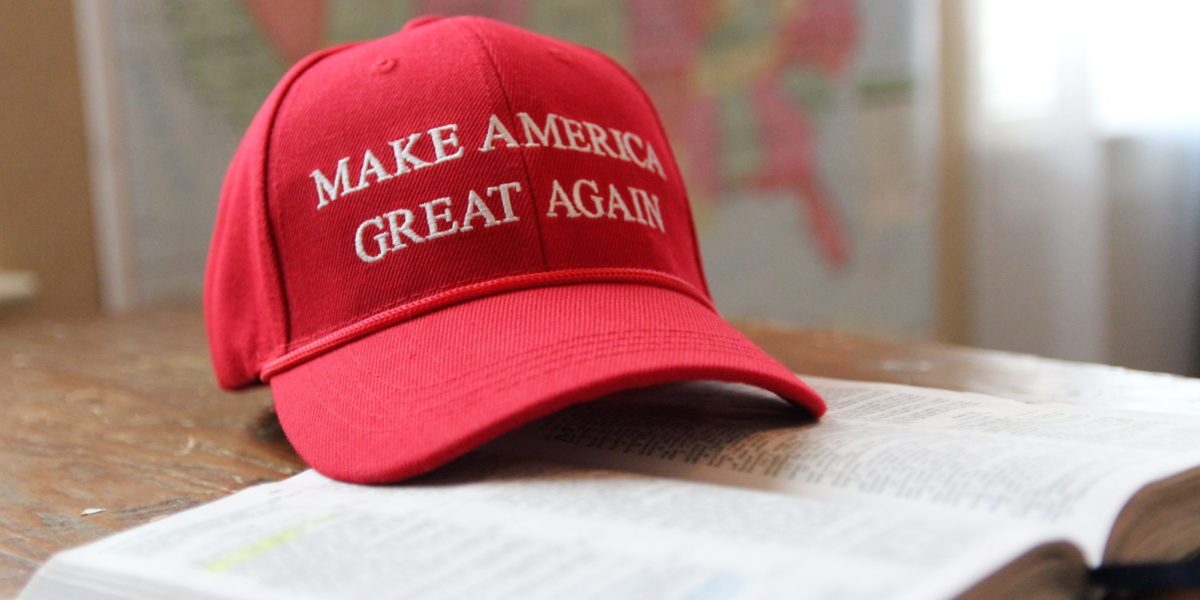The televised hearings into the Jan. 6 attack on Congress are gripping, no question. They keep getting equated to Watergate. Journalists Bob Woodward and Carl Bernstein, who exposed Watergate, hang around the edges to remind you of the parallels.
Sorry, but (harking back to a famous moment in U.S. political history) I knew Watergate and this is no Watergate. That was actual TV, live and simultaneous. You never knew what might happen. What? You say all the meetings with president Richard Nixon were secretly taped, and the tapes exist! What? There’s an 18-minute gap in the crucial tape?
Quick, an emergency recess. People pour into the foyer wondering if this can really be happening.
There’s nothing on TV like that now except sports. These hearings are totally different; they’re a confection, a highly scripted production, actually produced to a set time by the former head of ABC News. They even delayed one “show” this week because of editing pressures on their “small video team.”
Both casts have compelling figures. Sen. Sam Ervin, head of the Watergate committee, was a stereotypical southern country lawyer. Rep. Liz Cheney is the Republican “turncoat” today, whose politics I abhor — but she clearly has guts. If I were Donald Trump, she’d scare me.
The protagonists — Nixon then, Trump now — also linger on the edges. Nixon, who Noam Chomsky called “the last liberal president,” seemed back then the evillest president ever. That’s the thing about villains: they keep being eclipsed. Ronald Reagan, a “friendly fascist,” followed Nixon. George W. Bush seemed an unbearable warmonger. And Trump? He actually got some things right: the betrayal of U.S. workers in the name of globalization, for instance, which got him elected.
But he’s also the Mad King, a sociopath whose narcissism is so extreme he doesn’t recognize the reality of others and so could incinerate us all. I’ll take malignant non-psychopaths like Ron DeSantis or Mike Pence any day.
At any rate, if this isn’t Watergate then what is it? Journalism? Definitely not. Journalism at least pretends to investigate both sides. CNN hasn’t had a vrai Trumpian on air since they dumped Jeffrey Lord in 2017.
How about documentary? It’s at least allowed to honestly take a side, but it still doesn’t quite fit. What I’d like to suggest, in all humility, is propaganda. That’s what we’re seeing across U.S. politics today in almost all manifestations.
I know propaganda is supposed to be something that governments do, but we’re talking about America, where everything gets privatized, deregulated and commercialized. The term itself began in the Catholic inquisition, not in governments. Nor is it inherently a negative word.
It can happen when both sides make their case as strongly as possible, which can include respect for viewers’ intelligence along with their ability to discern blatant “bullshit” (as former Trump attorney general Bill Barr put it, when he spoke with Trump about his ridiculous claims, as we saw in the hearings). Both sides put out their versions: Trump on Fox News and the internet; the Democrats on mainstream media and in the hearings. Then citizens can make an informed decision. It’s a bit like the adversarial system in court. You know both teams are making a one-sided case, but it’s ultimately up to the jury to decide.
So you have two sets of propaganda. One side does it for the previous regime, the other for the current one. Some is defter, some is uglier. I prefer the anti-Trump version in this case, partly due to the stakes for a democratic future. John Grierson, the Scot who coined the term “documentary,” wasn’t against propaganda — unless it was bad propaganda, like that of the Nazis in his time. He produced good propaganda for the anti-Nazi side. It’s why he came to Canada in 1939 and created the National Film Board here.
I don’t like propaganda, but I can see Grierson’s case for it. It’s a bit like good and bad cholesterol. The point isn’t avoiding it altogether. It’s knowing which kind you’re consuming, or producing.
This column originally appeared in the Toronto Star.




